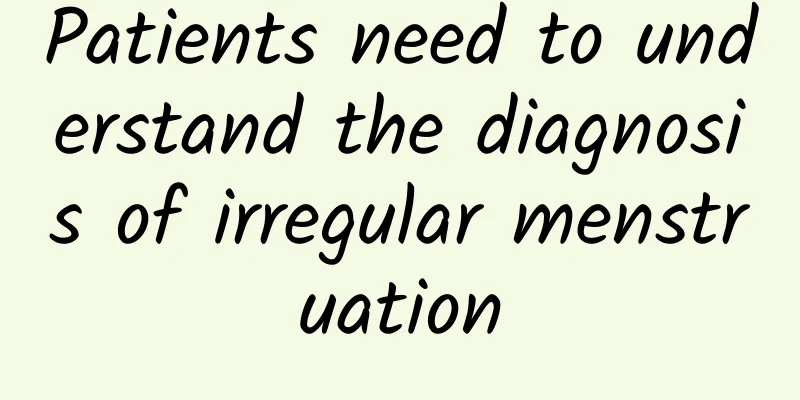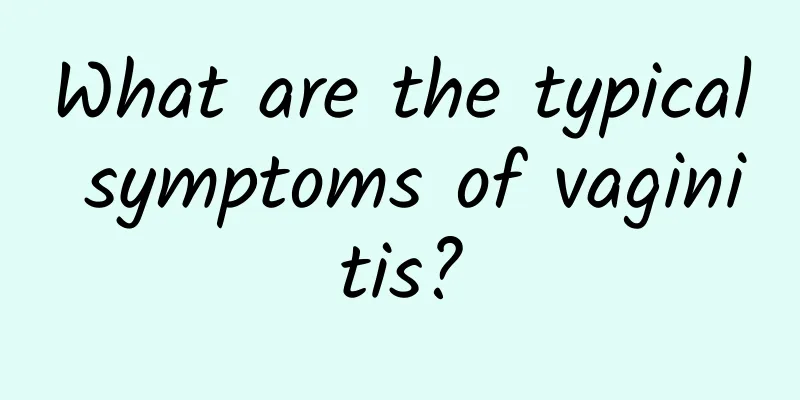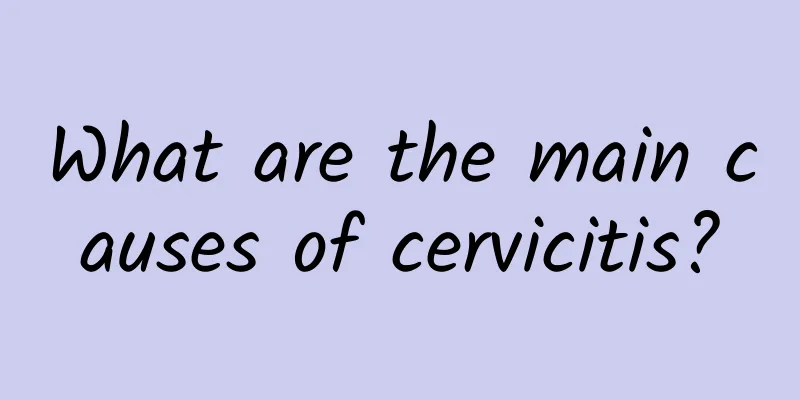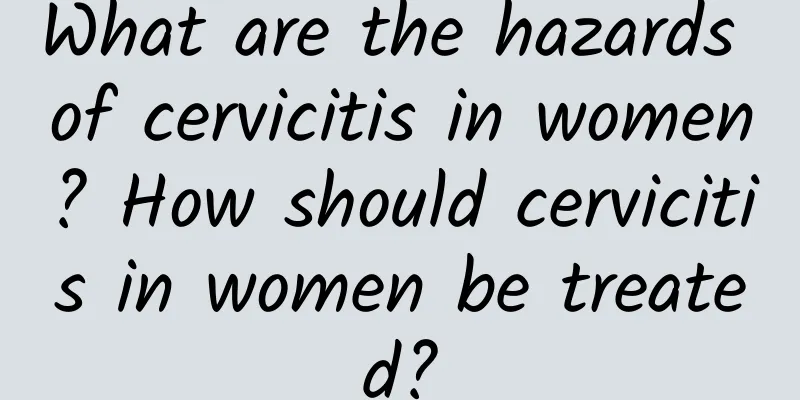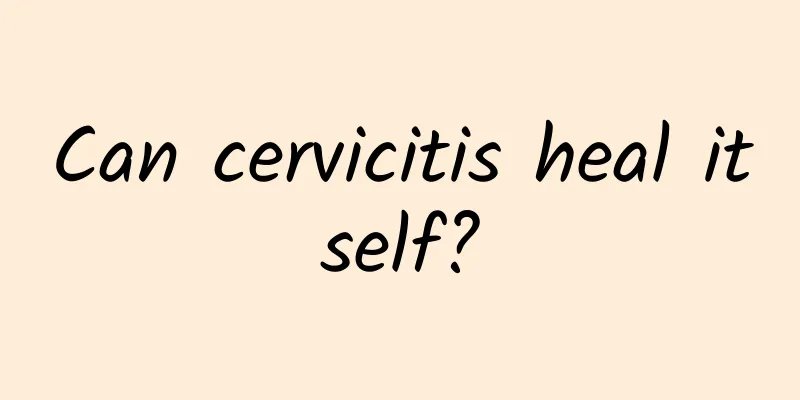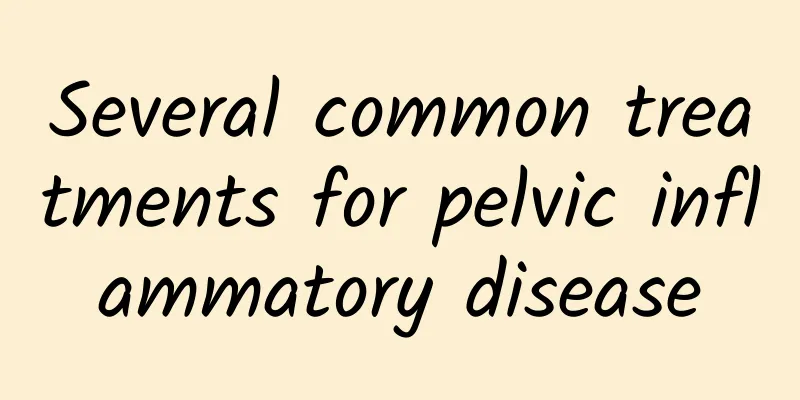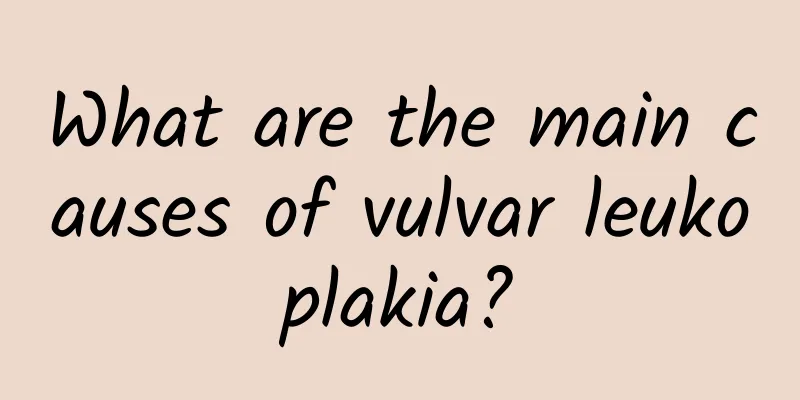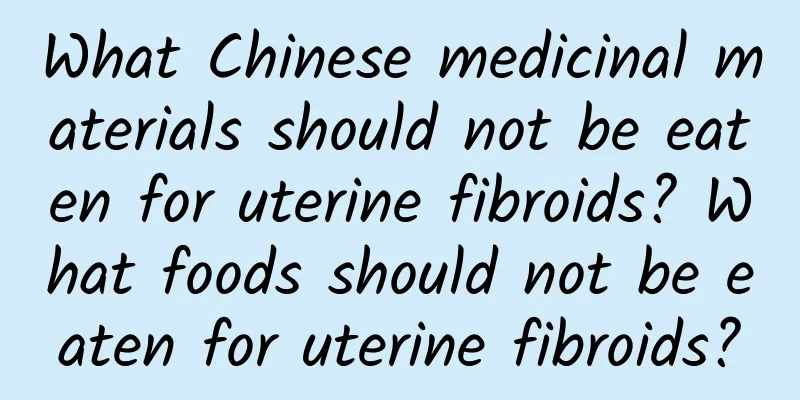What is uterine fibroids? How to treat uterine fibroids? What is the cause of this disease?
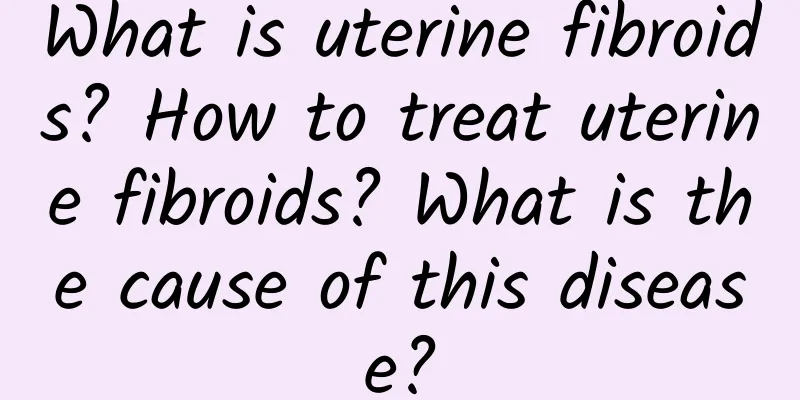
|
What is uterine fibroids? How to treat uterine fibroids? What is the cause of this disease? Understanding uterine fibroids and their treatment What is uterine fibroids Uterine fibroids are a common gynecological disease, which are lumps formed by excessive growth of smooth muscle tissue in the uterine wall over a long period of time. This lump can appear alone or in the form of multiple tumors. The size and number of uterine fibroids vary from person to person, and some people may not even experience obvious symptoms. However, in other cases, uterine fibroids may cause symptoms such as pain, irregular menstruation, and pelvic pressure. Although uterine fibroids are usually benign tumors, in some cases they may cause infertility or other gynecological problems. Small: Causes of uterine fibroids While the exact cause of uterine fibroids is unknown, several factors are thought to play a role in their development. Hormone levels are thought to be an important factor in uterine fibroids. An imbalance of estrogen and progesterone may cause the fibroids to grow. Family history may also increase your risk of developing uterine fibroids. If your mother or sister has uterine fibroids, you may also be more likely to develop the condition. Age is also associated with the risk of developing uterine fibroids. Women are more likely to develop uterine fibroids after the age of 40. Treatment of small uterine fibroids The approach to treating uterine fibroids depends on many factors, including the size and number of fibroids, the severity of symptoms, and the patient's age and fertility plans. Medication is a common approach. Medication can help relieve pain and control the growth of fibroids. Anti-progesterone drugs are widely used to treat uterine fibroids. They can slow the growth of fibroids by inhibiting the production of estrogen. However, medication usually only provides temporary relief and will not eliminate the fibroids. Surgery is also an option for treating uterine fibroids. Depending on the severity of the condition and the patient's fertility plans, myomectomy, hysterectomy, or uterine artery embolization may be an option. Myomectomy is a more common surgical procedure for patients who wish to keep their uterus. Hysterectomy is a complete cure for uterine fibroids for patients who have completed childbearing or do not wish to have more children. Uterine artery embolization reduces the amount of oxygen and nutrients supplied to the fibroids by blocking the blood supply to the fibroids, thereby shrinking them. Small: Prevention and precautions Although it is impossible to completely prevent the occurrence of uterine fibroids, some measures can help reduce the risk of disease. Maintaining a healthy lifestyle, including a balanced diet, regular exercise and stress management, can improve the function of the immune system and reduce the likelihood of disease. Regular gynecological examinations and ultrasound examinations can help detect and diagnose uterine fibroids early and take timely treatment measures. It is important to understand what uterine fibroids are and how to treat them. If you suspect you have uterine fibroids, see your doctor promptly and have a detailed consultation with your doctor to develop the best treatment plan for you. |
<<: What can I do to check for uterine fibroids? What should I do to check for uterine fibroids?
Recommend
Patients with dysmenorrhea must understand its conditioning methods
Women always experience dysmenorrhea during their...
What are the symptoms of vulvar leukoplakia?
Vulvar leukoplakia can occur in women of any age....
What is the best way to treat habitual miscarriage?
Once diagnosed with habitual abortion, patients c...
Can female menopause really be cured?
Can female menopause really be cured? According t...
Folk remedies for treating adnexitis
Folk remedies for treating adnexitis: Method 1 In...
Why are married women more likely to suffer from adnexitis?
Why are married women more likely to suffer from ...
Are people who love running smarter? How aerobic exercise benefits the brain
It’s runners’ favorite season again! There are ma...
What to do if there is too much bleeding during abortion
During abortion, the embryo implantation site sho...
Don’t be afraid of relatives visiting you when you exercise! Go exercise with your aunt
Whenever a girl has her period, there are always ...
Knowing the symptoms of adnexitis early can help detect the patient's condition in time
Adnexitis is a disease that we often see in our l...
What are the main causes of vulvar leukoplakia?
What are the main causes of vulvar leukoplakia? P...
Introduction to nursing measures for female ectopic pregnancy
Every family hopes to have a healthy child, but t...
Shilin Night Market Chicken Fillet has over 600 calories per serving
Night market food has many calorie mines. If you ...
Whole grains + fruits and vegetables = liver detoxification? It turned out to be wrong...
The liver is an important organ in the human body...
What are the specific hazards of dysmenorrhea
Dysmenorrhea is a problem that many women will en...
